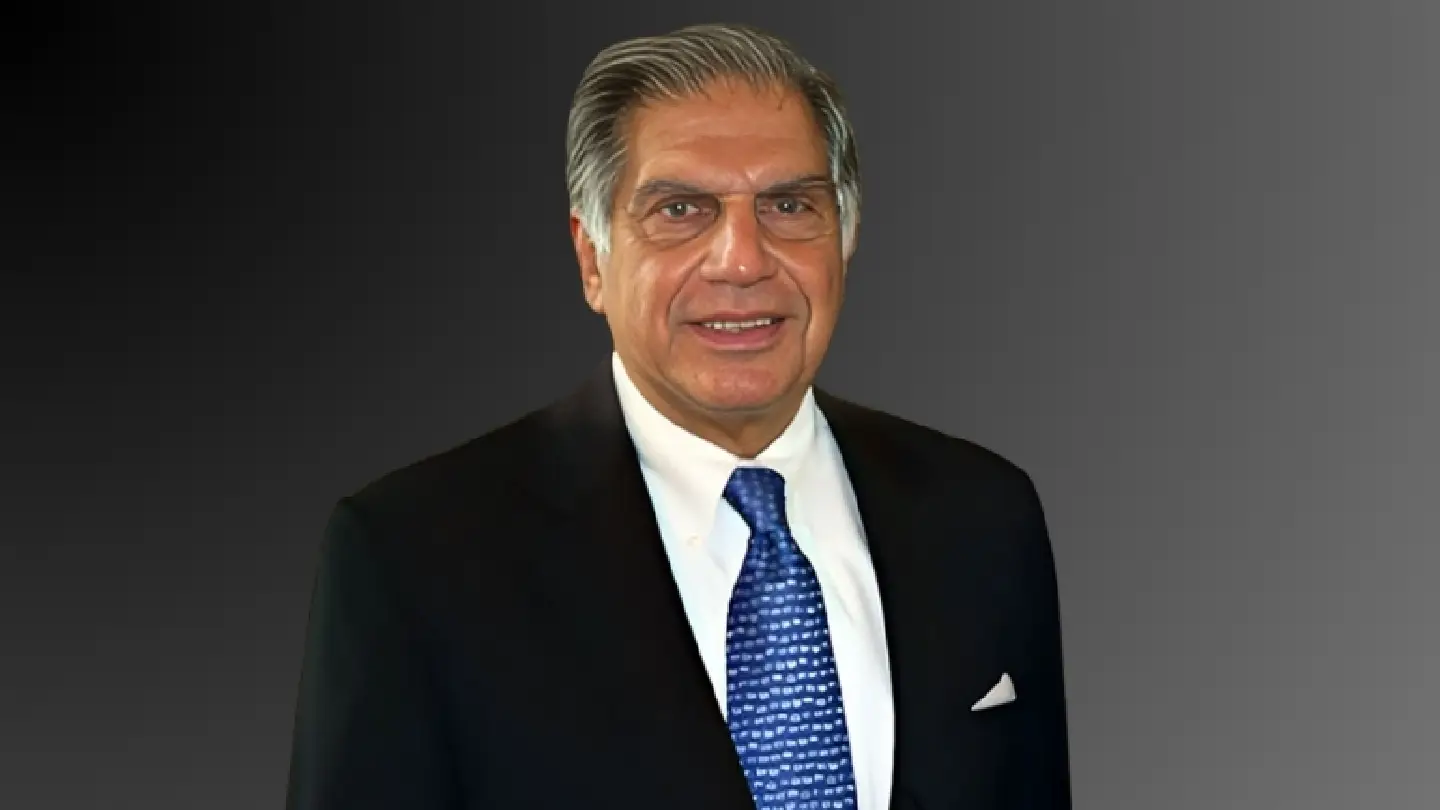Ratan Naval Tata, born on December 28, 1937, is one of India’s most iconic industrialists, widely admired for his leadership, philanthropy, and vision for the future of Indian business. As the Chairman Emeritus of Tata Sons, Ratan Tata transformed the Tata Group from a predominantly India-centric enterprise into a global conglomerate. His leadership not only expanded the group’s business interests but also upheld the values of integrity, social responsibility, and ethical business practices. His contributions to industry, philanthropy, and the nation’s progress have earned him a special place in the hearts of millions, making him a living legend in Indian business history.
Early Life and Education
Born into the illustrious Tata family, Ratan Tata is the great-grandson of Jamsetji Tata, the founder of the Tata Group. His childhood, however, was not without challenges. His parents separated when he was just ten years old, and he was raised by his grandmother, Lady Navajbai Tata. Despite this, his early education and upbringing instilled in him strong values of humility, integrity, and a sense of responsibility toward society.
Ratan Tata studied at the prestigious Cathedral and John Connon School in Mumbai before heading to the United States, where he earned a degree in architecture from Cornell University in 1962. He later completed the Advanced Management Program at Harvard Business School in 1975, which would further equip him for the leadership roles that lay ahead. After completing his education, he returned to India, joining the family business, the Tata Group, in 1962.
The Rise of a Global Leader
Ratan Tata’s career at Tata began modestly. He worked on the shop floors of Tata Steel in Jamshedpur, learning the business from the ground up. This hands-on approach gave him invaluable insight into the operational aspects of the group’s vast empire and helped him connect with the workers. Over time, his understanding of business, combined with his visionary leadership, led to his appointment as the chairman of Tata Sons in 1991, following the retirement of J.R.D. Tata.
When Ratan Tata took over, India’s economy was opening up to globalization, and the business landscape was rapidly changing. Many believed that the Tata Group, with its old-fashioned business model, might struggle in this new environment. However, under Ratan Tata’s leadership, the group adapted and thrived. His bold vision and commitment to modernization turned the Tata Group into a global force. He focused on diversification, innovation, and global expansion, taking the group into new industries and markets.
Key Achievements
Ratan Tata’s tenure saw several landmark moments in Indian corporate history. One of his most notable achievements was the acquisition of major global brands, which elevated the Tata Group to new heights internationally. In 2000, Tata Tea acquired the UK-based Tetley, marking one of the first significant international acquisitions by an Indian company. This was followed by Tata Steel’s acquisition of Corus (now Tata Steel Europe) in 2007 and Tata Motors’ acquisition of the iconic British brands Jaguar and Land Rover in 2008. These moves not only boosted the global presence of the Tata Group but also signaled the arrival of Indian companies on the world stage.
Under Ratan Tata’s leadership, Tata Motors also launched the Tata Nano in 2008, the world’s most affordable car, aiming to provide accessible transportation to millions of middle-class Indians. Though the Nano did not achieve the commercial success envisioned, it demonstrated Ratan Tata’s commitment to innovation and his desire to address real-world challenges through business solutions.
A Leader with a Heart for Social Good
Beyond business, Ratan Tata is widely respected for his philanthropy and commitment to social causes. Much of the Tata Group’s earnings are funneled into charitable trusts, which support education, healthcare, and rural development initiatives across India. These efforts have helped improve the lives of countless people, particularly in the fields of primary education, healthcare, and women’s empowerment.
Tata’s personal involvement in social causes has been profound. He has supported initiatives aimed at empowering young entrepreneurs, such as Tata Trust’s support for social startups, and has been actively involved in disaster relief efforts, including after the 2004 Indian Ocean tsunami and more recently during the COVID-19 pandemic. Ratan Tata’s commitment to philanthropy has earned him widespread admiration and love from the people of India.
Legacy and Personal Values
Ratan Tata’s leadership has always been characterized by his humility and ethical approach to business. He has often emphasized that success is not just about profit but about doing good for society and making a difference. His quiet demeanor and reluctance to seek the limelight contrast sharply with the often flamboyant nature of many business leaders, further endearing him to the public.
In 2012, Ratan Tata stepped down as the Chairman of Tata Sons, leaving behind a remarkable legacy of expansion, modernization, and social responsibility. His successor, Cyrus Mistry, would eventually be replaced by Natarajan Chandrasekaran, but Ratan Tata remains an influential figure in the group as Chairman Emeritus. Even in retirement, he continues to mentor young entrepreneurs and contribute to philanthropic causes, staying deeply connected to India’s development.
Conclusion: An Icon of Indian Business
Ratan Tata is much more than a businessman; he is a national treasure whose work has shaped modern India’s corporate and social landscape. His vision, integrity, and compassion have not only transformed the Tata Group into a global conglomerate but have also set a new standard for corporate responsibility in India. In honoring Ratan Tata, we pay tribute to a man whose life and work will continue to inspire generations to come, embodying the ideals of leadership, service, and humanity.



